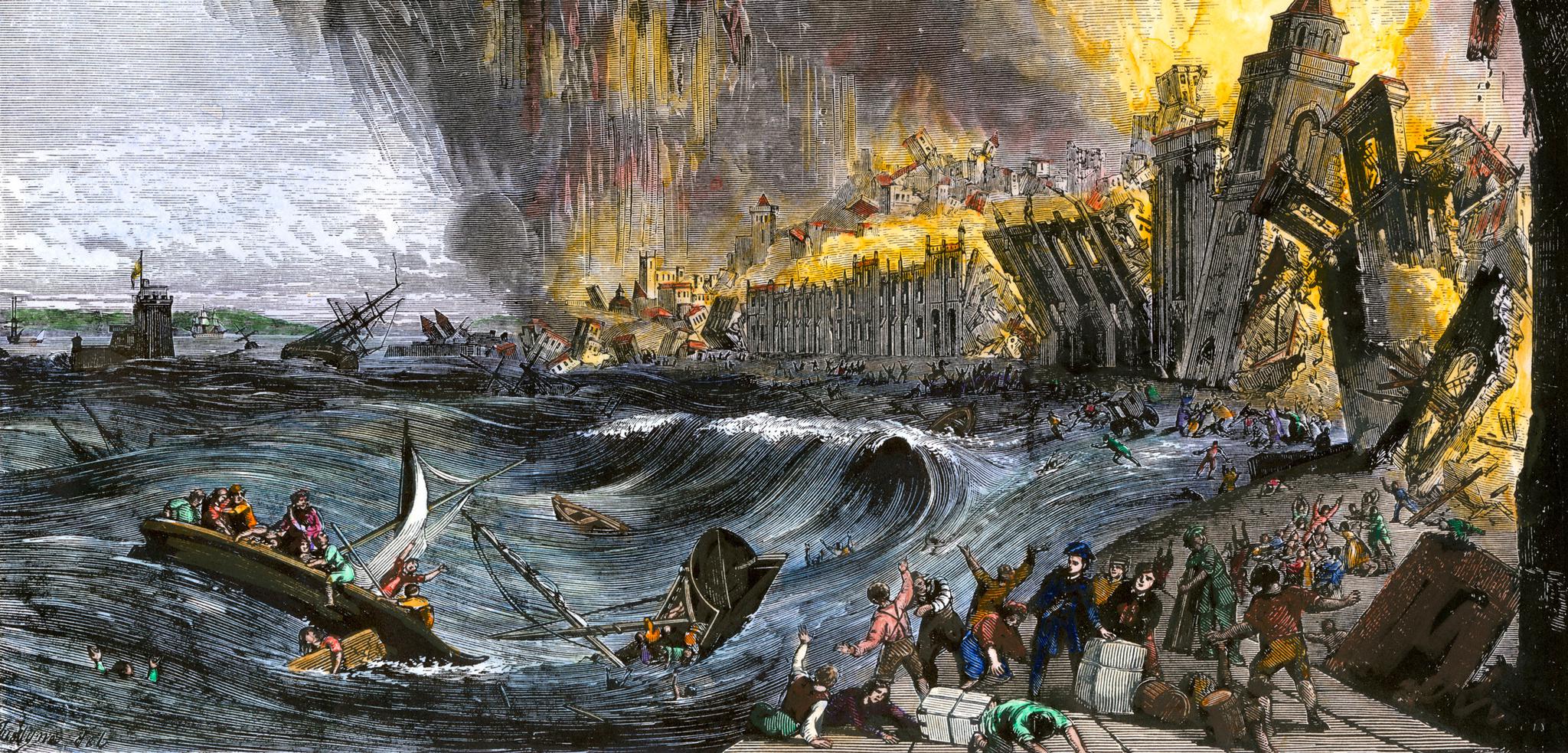Louis Klee: 'A Lisbon Diary'

At my window, texting Conor. He says Lisbon is ‘too cool’ for him. I’m not in the cool bit, I insist.
More the district of elderly women and their pampered cats, where tourist bars play the same Fado
every night. Sunday, so the bells are tolling snippets of pop songs and ecclesiastical music. The sunis out but it’s cold, and I am in a state of anxious absorption. A book on my bed is open to a long
passage about waking up to sounds of vendors chanting on the street. One is calling about artichokes,
tender and sweet, arti-chauts, and pushing his cart over cobbles on a winter morning that feels like
spring, and I find my mind wandering again.
This morning my Facebook is a large, messy anthology of distress and recrimination. Millie has posted: ‘You could give 10,000 people forced to evacuate because of bushfires $1 million to rebuild their homes and $400,000 in compensation, and still have $15 billion left over for fire and rescue services and environmental management. Each year. How? End the government’s $29 billion in subsidies for the fossil fuel industry’. Immediately below this, Lily has cropped an image of a sponsored, targeted ad for gas masks, KN95 standard approved. The caption says: ‘Save your loved one’s lungs from the Bushfire Madness for just $24.95. Price includes express shipping’. Then a quote from Walter Benjamin provided by Monique: ‘a man [sic] is receptive to counsel only to the extent that he allows his situation to speak’. And everywhere the same few videos and photos repeated: a magpie mimics the sound of an emergency vehicle siren; a caged lion paces by a circus tent on the side of the Princes Highway; the firefront seen from a helicopter goes on, seemingly endlessly, until it seems almost abstract – for six minutes green becomes black becomes red.
Someone, in the midst of it all, is claiming a likeness between the sun in a photograph blanketed by clouds and the colours of the Aboriginal flag. Joel has posted a massive manic six-point plan of what is to be done that resembles leaked minutes from a board meeting; Gary doesn’t know if his house is still standing. He heard rumours of looters arrested in the valley. Esther has shared an album eulogising a family home lost in the Blue Mountain’s firefront. In one photo, her brother is on the sunlit decking, a violin beneath his chin. Adam is explaining how a vacuum cleaner might help remove smoke from inside a house, so long as it has a HEPA filter. The air in Canberra is so bad that the city is importing gas masks, my brother tells me. He already has his own. Rob has screenshotted a Tweet for me: ‘I can’t go on like this—That’s what you think’. People get used to anything, his message continues. If the sun didn’t rise they’d grumble, sure, but after a few days, weeks, it would seem quite normal. They’d get out of bed and scrape the ice off their windscreens with their credit cards and commute to work in a dawn that lasts all day. Camille keeps posting a cropped page from a report from 2008 that is said to have predicted the whole thing. It observes that in 2067 there will be extreme fire weather in Australia for 300 days of the year.
The building I am in now—nothing remarkable—was rebuilt after the earthquake of 1755. On November 1, the morning of the Feast of All Saints, an earthquake followed by a tsunami and a fire destroyed Lisbon in its entirety. Eyewitness accounts are at best a jumble of chaotic facts that
verge on apophasis. It was ‘as words cannot describe’. It was ‘not to be expressed’. It was ‘unutterable’. It was in excess of ‘all description’. ‘I must humbly beg your pardon, Sir, for the disorder of this letter’. Later, philosophers wrote treatises ‘On the Uses of Earthquakes’, a disaster that supposedly
could cure us of the delusions of theodicy and the fancy that we could ‘better regulate everything to
our advantage’, as if ‘fate had asked our vote on the matter’. For an hour, I bestow all my sober curiosity on this disaster, distant in time, hoping, I think, for some affinity that might illuminate this
other, distant in space. Then I look down at a page of notes. ‘Thought’, I have copied out on a fresh
page, ‘remains faithful to the idea of immediacy only in and through what is mediated; conversely, it
falls prey to the mediated as soon as it tries to grasp the unmediated directly’. From my window, the
noise of an iron shutter being raised on the street. It cuts suddenly through the busy murmur of people
talking under the shabby frontage of a bakery that never seems to close. ‘Old clothes’, someone out
there is saying, ‘any old clothes, old clo-othes’.
Louis Klee is a writer of prose fiction, poetry, and essays. He was born in Canberra, Australia, and currently lives in Cambridge.
